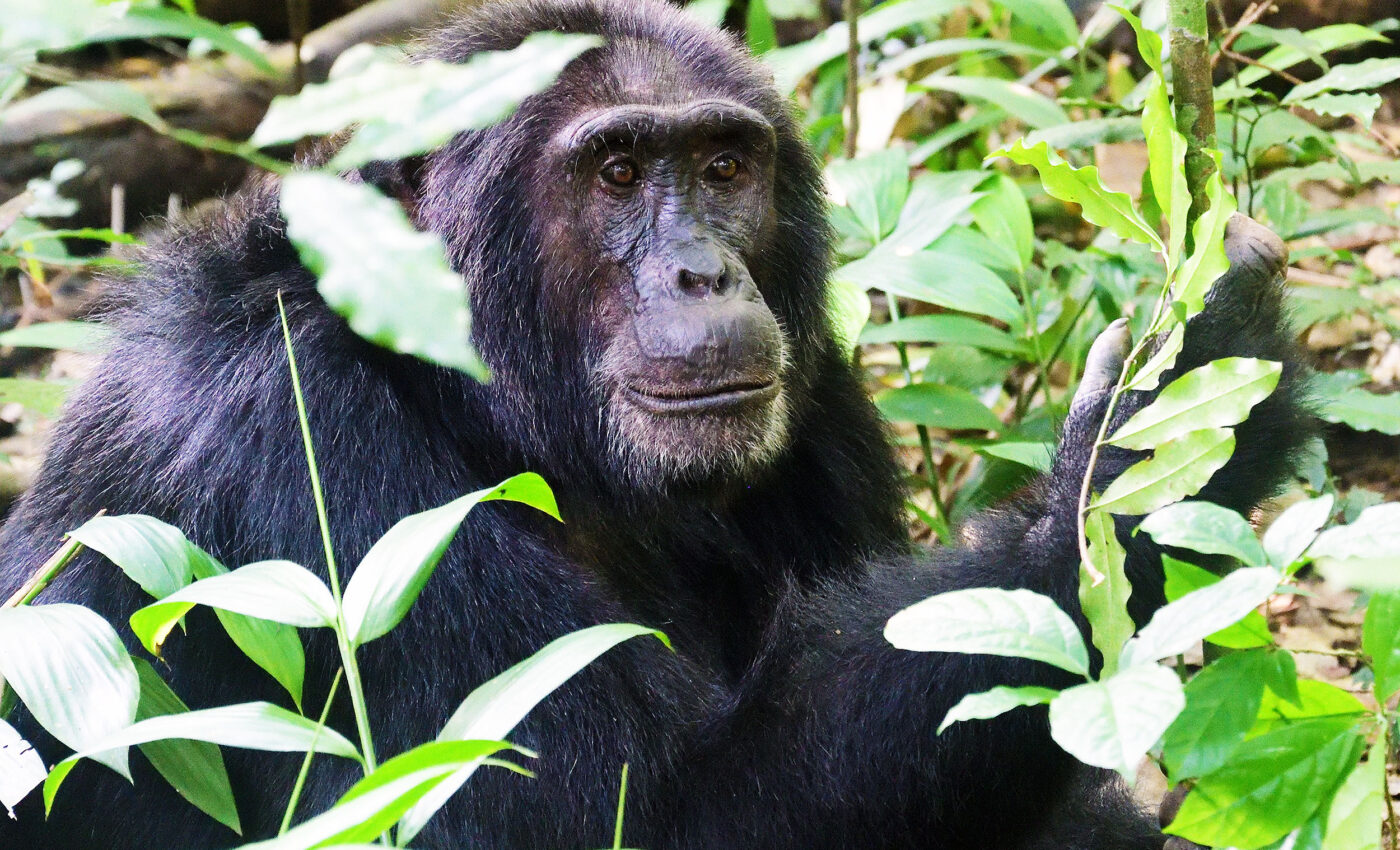
Great apes will suffer through frequent and extreme climate events
In the heart of Africa’s lush landscapes, a climate crisis is unfolding that threatens some of our planet’s most majestic inhabitants: the African great apes. Sharing over 98% of their DNA with humans, these remarkable creatures are facing an unprecedented challenge.
Recent research spearheaded by Razak Kiribou at Haramaya University in Ethiopia, published in the open-access journal PLOS Climate, reveals a troubling future.
Impending reality of great apes and climate change
The study predicts that within the next thirty years, great apes will frequently face extreme climate events — from wildfires and heatwaves to flooding — endangering their very survival.
The serenity of Africa’s forests, alive with the calls of wildlife, stands on the brink of disruption. Wildfires, scorching heat, and sudden floods could soon shatter this tranquility, as detailed by the study’s thorough investigation.
This climate scenario is not a mere possibility but an impending reality for the African great apes, demanding our immediate attention and action.
Undertaking an ambitious analysis, the researchers examined data from 363 sites across Africa, focusing on temperature and rainfall records from 1981 to 2010.
By applying two climate change scenarios, they projected future conditions for African great apes from 2021 to 2050 and then from 2071 to 2099.
Heatwaves and havoc: Climate forecast for great apes
The results issued a compelling call to action, revealing that nearly half of the sites have already experienced higher than average temperatures between 2007 and 2016.
Eastern chimpanzees are a particularly vulnerable species of African great apes, having faced the most severe heat extremes.
The study’s future projections are even more alarming, with both scenarios predicting soaring temperatures across all sites, leading to widespread wildfires and crop failures.
An estimated 84% of sites could experience frequent heatwaves, and 78% could face devastating flooding over the next 30 years.
The situation for our great ape cousins could deteriorate further should global temperatures rise by 3°C, intensifying the severity and frequency of these climate events.
Conservation as a human imperative
This pioneering study is the first to concretely illustrate the climate change impacts currently affecting African apes and to forecast the increased frequency of extreme weather events they will endure.
The stark implications highlight the urgent need for swift conservation actions to bolster the resilience of ape populations, without which we may see profound biodiversity and ecosystem health losses.
The authors emphasize the critical necessity of integrating climate change adaptation strategies into conservation planning for African great apes.
This directive extends beyond conservationists to all of humanity, reflecting the interconnected fate of these apes and our shared environmental challenges.
Climate strategy for great ape survival
In summary, this study illuminates the immediate threats African great apes face from climate change, including an uptick in extreme climate events.
The scientists outline the projected climate impacts under two scenarios, forecasting a rise in temperatures, wildfires, and crop failures, alongside significant variability in heatwaves and flooding.
These findings underscore the critical need for conservation strategies that protect apes while adapting to the evolving climate landscape.
As observers of these changes, the urgency to act is undeniable. We are called upon to engage in a concerted effort to protect our closest living relatives from the looming threats of climate change.
Through education, conservation, and global cooperation, we have the opportunity to forge a resilient future for African great apes and the rich ecosystems they call home. Their important research serves as a warning and a guide for transformative action, urging us to respond before it’s too late.
The full study was published in the journal PLOS Climate.
—–
Like what you read? Subscribe to our newsletter for engaging articles, exclusive content, and the latest updates.
—–
Check us out on EarthSnap, a free app brought to you by Eric Ralls and Earth.com.
—–













